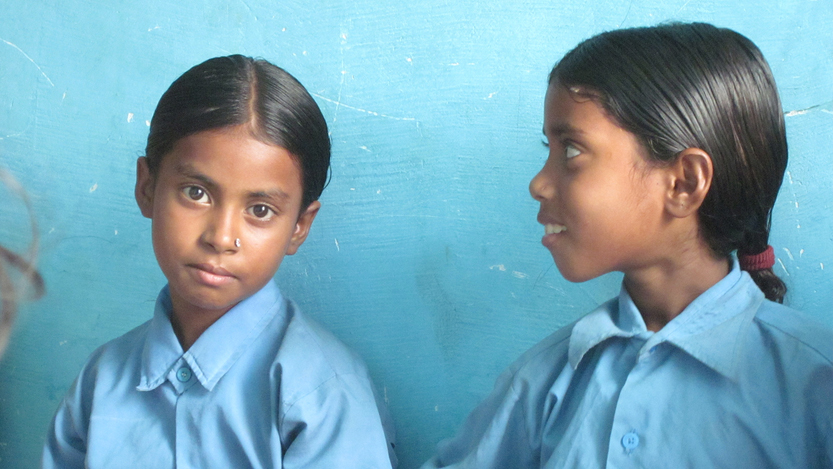Dignity for All
Phia Foundation strives to expand the meaning of poverty to recognise the non-economic drivers of poverty such as established social norms, beliefs and attitudes around gender, caste, class, ethnicity, religion, colour, culture and physical abilities. These result in variations in intensity and scale of poverty of specific groups which face multiple disadvantages, women and children being the most affected.
Although there has been some progress through positive government and public sector actions to address discrimination, much remains to be desired in terms of changes in attitude and practice.

Amid a culture of impunity, excluded groups are often faced with serious backlash, human rights violations, and increasing atrocities when they attempt to access their rights; new forms of exclusion and hostility towards these communities nullify the spirit of any gains made.
Phia Foundation thus seeks to promote not only inclusive and non-discriminatory growth but also social justice and dignity for all.
Key Development Concerns
Access to basic services
Universal access to basic and essential services – quality education, clean drinking water and sanitation, affordable healthcare, and housing – continues to present a huge challenge and is a priority
Implementation of Rights
Although The Constitution of India provides for a number of rights such as the Right to Education, Right to Food, Protection in Employment, Right to Information etc, alongside a commitment of the Indian state to the Sustainable Development Goals (SDGs), there is a need to bridge the gap in effective implementation of these rights and entitlements of poorest communities.
